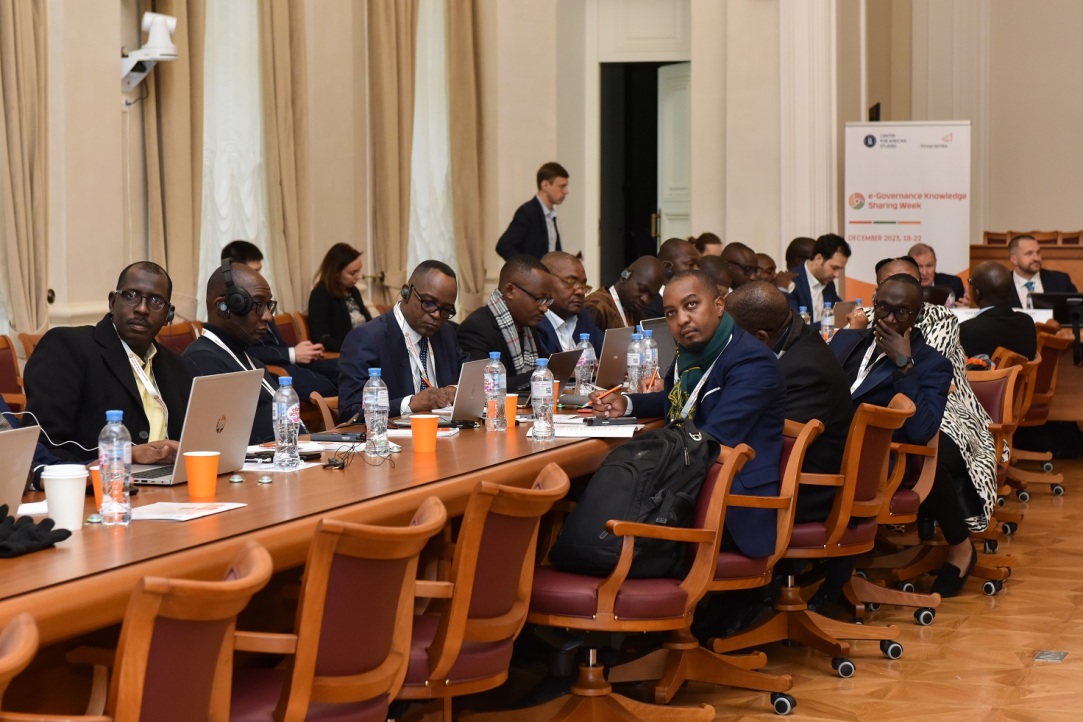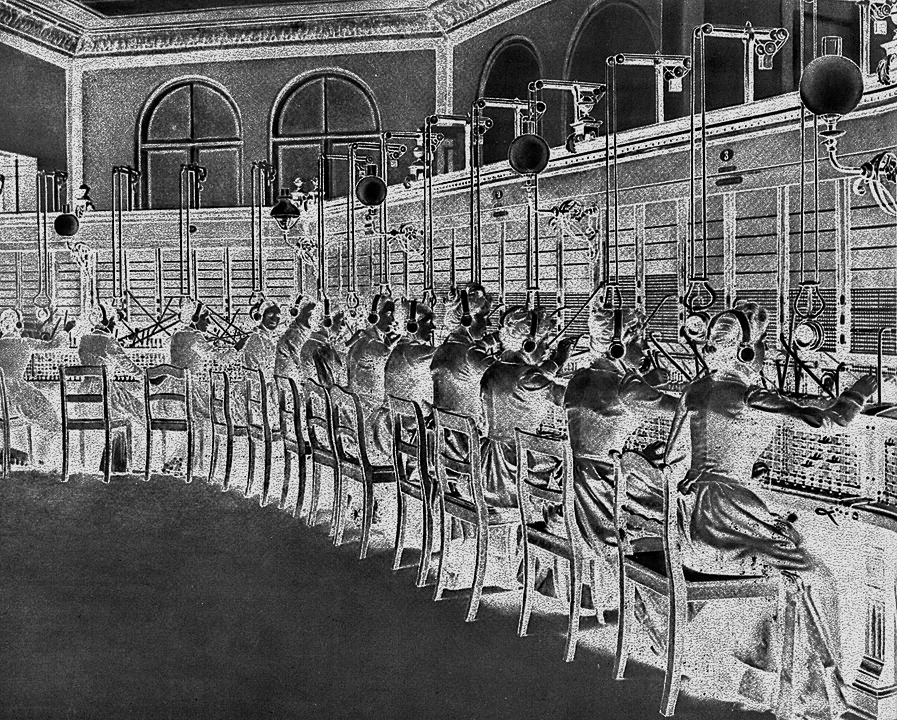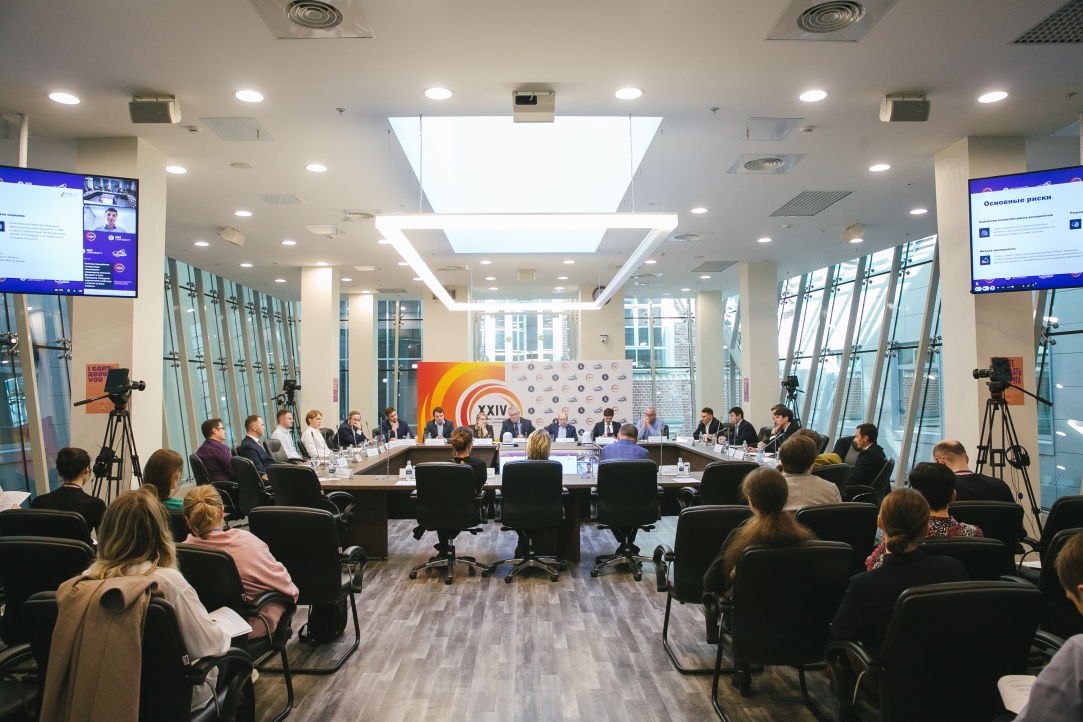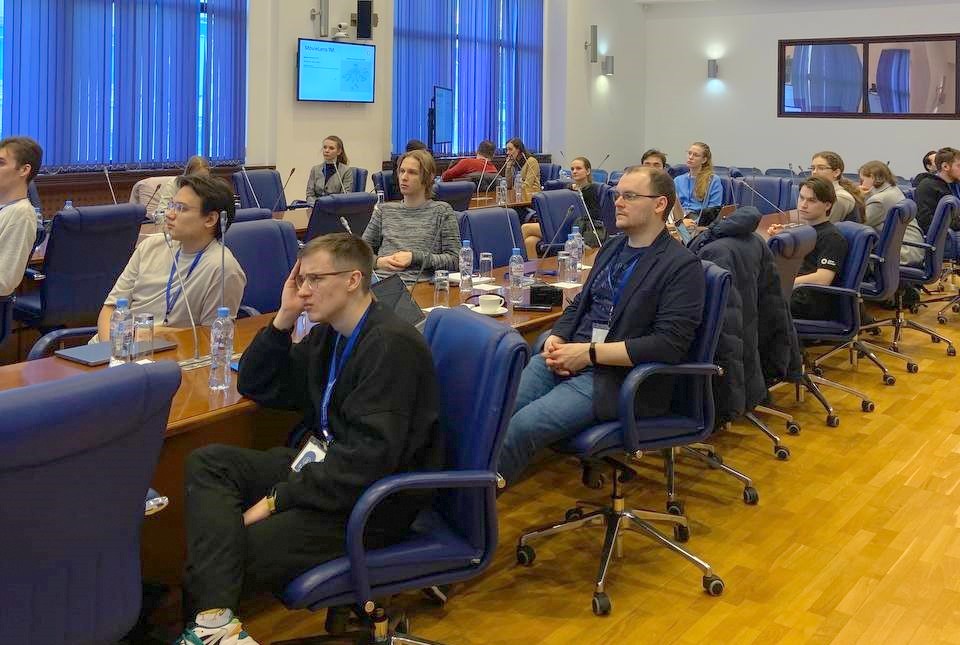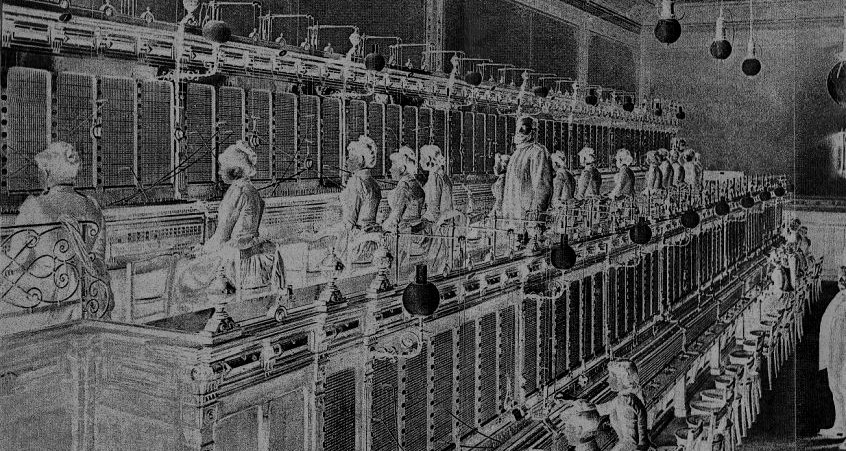One of the most popular writers of the last century, John Ronald Reuel Tolkien, was born on January 3
rd. Researchers from HSE University, AIRI and MISSIS have used machine learning to explore the social connections between the characters of his Middle-earth universe. The algorithm managed to create an accurate picture of the social structures and dynamics of the characters' relationships, providing a unique map of interactions in the epic world. The results of the work were published in
IEEE Xplore.




